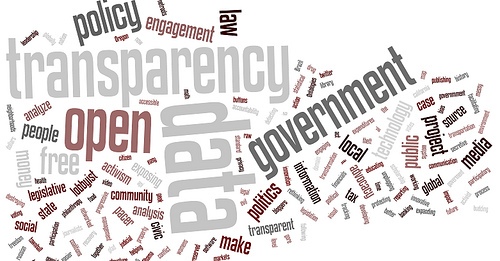Week9: New Media Law, Policy and Governance
“Both technology studies and legal theory tell origin stories about human autonomy as the prize from either a foundational technological or jurisprudential event.” (Tranter, 2010) It sounds very ideal that how law proper to regulate the technology (also the new media), but do the regulation really capable for that?
One very recent example of copyright infringement was seen in a British High Court ruling in July 2011. The case involved ‘the Studios’: A body that represents exclusive licensees of television and film copyrights; And ‘BT’: The largest Internet Service Provider (ISP) in the UK. In the hearing, The Honourable Mr Justice Arnold stated “I accept that online copyright infringement is a serious problem for copyright owners such as the Studios and the other rightholders who support this application…there is fairly good evidence of the scale of the wrongdoing” (Royal Court of Justice, 2011) Justice Arnold ordered BT to block internet users from accessing a particular website available to UK residents which was redistributing material without a license.
This case ended with a landmark ruling that has set a precedent for other democracies to challenge the largest legal loophole in the internet which has cost global creative industries billions of dollars globally.
On the flip-side to this case, The United Nations (UN) has opposed Justice Arnold’s recent ruling and others similar to it by reporting that “disconnecting people from the internet is a human rights violation and against international law” (Kravets, 2011) Article 19 of the UN’s ‘International Covenant on Civil and Political Rights’ suggests “…everyone shall have the right to freedom of expression…either orally, in writing or in print, in the form of art, or through any other media of his choice” (The United Nations, 1976)
Reference
Tranter, Kieran (2010). Stories of Human Anatomy, Law, and Technology in Bulletin of Science Technology Society. 30(18), pp. 18-21.
Kravets, David. 2011. U.N. Report Declares Internet Access A Human Right, Threat Level Blog. Accessed May 5, 2012. http://www.wired.com/threatlevel/2011/06/internet-a-human-right/
The United Nations. 1976. Orrice of the United Nations High Commissioner for Human Right. Article 19 (2-3). Accessed May 5, 2012. http://www2.ohchr.org/english/law/ccpr.htm.
Royal Court of Justice. 2011. The Hon MR Justice Arnold. Accessed May 5, 2012. http://news.bbc.co.uk/1/shared/bsp/hi/pdfs/28_07_11_bt_newzbin_ruling.pdf










